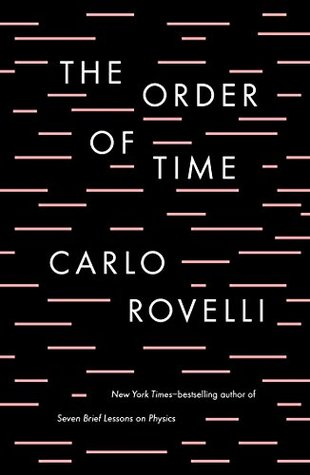More on this book
Community
Kindle Notes & Highlights
Our “present” does not extend throughout the universe. It is like a bubble around us.
Aristotle is the first we are aware of to have asked himself the question “What is time?,” and he came to the following conclusion: time is the measurement of change.
The events of the world do not form an orderly queue, like the English. They crowd around chaotically, like Italians.
The entire evolution of science would suggest that the best grammar for thinking about the world is that of change, not of permanence. Not of being, but of becoming.
The difference between things and events is that things persist in time; events have a limited duration. A stone is a prototypical “thing”: we can ask ourselves where it will be tomorrow. Conversely, a kiss is an “event.” It makes no sense to ask where the kiss will be tomorrow. The world is made up of networks of kisses, not of stones.
A wave is not a thing, it is a movement of water, and the water that forms it is always different. A family is not a thing, it is a collection of relations, occurrences, feelings.


